11 Foods That Reduce Your Cholesterol
But the role of diet in keeping cholesterol levels in check—which is important to the health of the heart and great vessels—is vital. Similar to how LDL is referred to as “bad cholesterol,” high levels of low-density lipoprotein (LDL) can create plaque in the arteries, which leads to the risk of heart disease and stroke.
The good news is there are a lot of foods that are able to reduce our cholesterol, and many of the time by optimizing the ratio of low-density lipoprotein (LDL) and high-density lipoprotein (HDL), which is the reason why we call it good cholesterol. Below are 11 of those cholesterol-lowering foods that you can eat and how they are beneficial for your health.
11 foods that lower cholesterol---
Oats
Oats are one of the most effective interval foods for cholesterol, a common breakfast food. Contents of soluble fiber, especially beta-glucan in oats, which reduce the absorption of LDL cholesterol into the bloodstream.
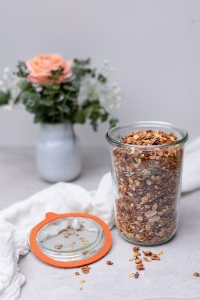
Beta-glucan also becomes gelatinous in the intestinal tract to contain bile acids with cholesterol and eliminates it from the body. Including oatmeal or oat-based cereals as part of your diet is an easy, delicious way to help lower your cholesterol naturally.
Barley and Whole Grains
Soluble fiber found in barley and other whole grains like brown rice and quinoa is top-notch. Like oats, they help lower LDL cholesterol by enhancing its elimination from the body via the digestive tract.
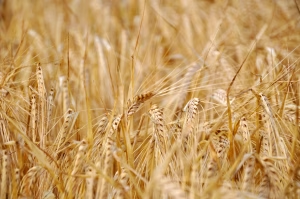
Moving to total grains enhances general heart wellbeing while giving nutrients, for example, nutrients, minerals, and cancer prevention agents as well.
Fatty Fish
Foods such as salmon, mackerel, sardines, and trout are examples of fatty fish that are considered to be high in omega-3 fatty acids. These beneficial fats decrease triglycerides, lower blood pressure, and improve LDL-to-HDL ratios.

Eating plenty of fatty fish has benefits with regard to decreased inflammation and risk of heart disease. Switching out red or processed meats for fatty fish can be a really beneficial change for cholesterol control.
Nuts
Almonds, walnuts, pistachios, and hazelnuts are a bunch of nuts high in heart-friendly monounsaturated and polyunsaturated fats. These fats aid in decreasing LDL cholesterol and increasing HDL cholesterol.
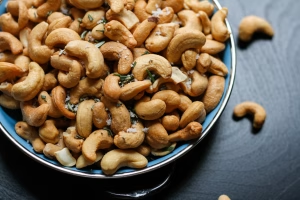
Moreover, nuts also contain plant sterols and fiber, which inhibit cholesterol absorption in the intestine. Some nuts as an in-between and seeds as salads and cereal tops can lead to a more healthy heart.
Beans and Legumes
Cholesterol-busters (like it says) Beans, lentils, and chickpeas are downright nutritional powerhouses. They’re loaded with soluble fibre thought to decrease the absorption of LDL cholesterol.
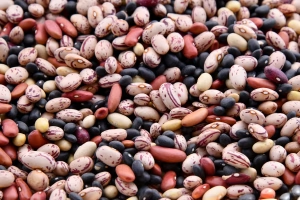
Beans are loaded with fiber too, which makes them so filling and great in helping with weight control, an important aspect to healthy cholesterol levels. Incorporating legumes into soups and salads or using legumes as a meat substitute in meals can help increase their cholesterol-lowering effects.
Fruits
Some fruits stand out in this fight against cholesterol with their fibers and other bioactive compounds:
Apples: Apples are rich in pectin—a type of soluble fiber that has been shown to lower levels of LDL (the bad) cholesterol in the blood.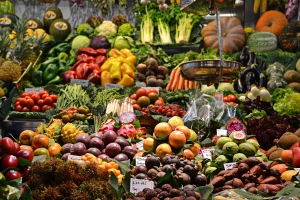
Berries: Strawberries, blueberries, and raspberries contain antioxidants and fiber, both of which are great at fighting cholesterol.
Citrus Fruits**: Loaded with pectin and flavonoid compounds that lower cholesterol and protect against oxidative stress are oranges, grapefruits, and lemons.
Vegetables
Green vegetables, especially leafy and cruciferous, are great for lowering cholesterol. Leafy greens such as spinach, kale, broccoli, and Brussels sprouts are high in fiber, which is part of a healthy diet to lower cholesterol; they also contain plant sterols that prevent the intestinal absorption of cholesterol.
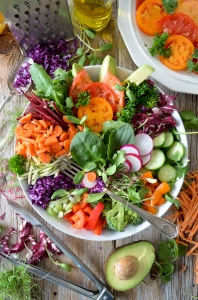
They are also rich in nutrients, which promote the general functions around the heart and decrease LDL cholesterol.
Soy Products
Tofu, soy milk, edamame, and other soy-based foods are useful for cholesterol control. The low-density lipoprotein (LDL) is lowered by soy protein because it carbonizes in the liver.
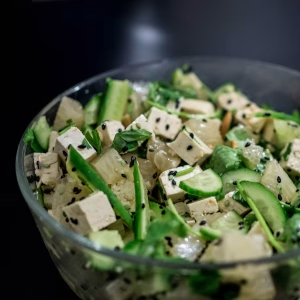
Replacing an animal protein with a soy protein can reduce cholesterol and provide a plant source of protein.
Avocados
Avocados are a great source of monounsaturated fats that help lower LDL and raise HDL cholesterol.
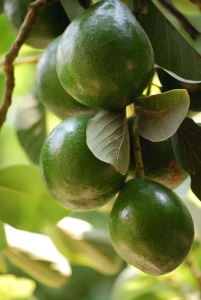
They also include cholesterol-lowering fiber and plant sterols. Slicing up an avocado for salads, on sandwiches, or adding to a smoothie is a simple way to give a meal a creamy, heart-healthy boost.
Olive Oil
Extra virgin olive oil is an essential part of the Mediterranean diet and one of the healthiest fats you can consume.

Boasting high levels of monounsaturated fats and powerful antioxidants, olive oil has the ability to lower LDL cholesterol while also reducing its oxidation, which is one of the first steps in the development of heart disease. Olive oil is an easy addition when added as a dressing, marinade, or cooking oil.
Dark Chocolate and Cocoa
Flavonoids are compounds that reduce LDL cholesterol and may increase HDL cholesterol, which you find in cocoa and dark chocolate.

Dark chocolate (at least 70%) contains beneficial polyphenols, but be careful of sugars and unhealthy fats. Dark chocolate should be consumed in moderation, but this chocolate can be a healthy treat for the heart.
Why you need a multidisciplinary approach
These foods are great for lowering cholesterol, but a heart-health plan must also include a more holistic approach. Adding these cholesterol-lowering foods to an exercise program that includes the management of stress and avoidance of smoking will increase the benefits. In addition to having a healthy level of cholesterol, it is important to reduce your consumption of transactional fats, saturated fats, and added sugars.
Ultimately, whole-plant-based foods and limited processed ingredients are the basis for managing cholesterol. Eating any of these 11 foods regularly can help you lower LDL cholesterol, create a healthy heart, and ramp up your well-being.
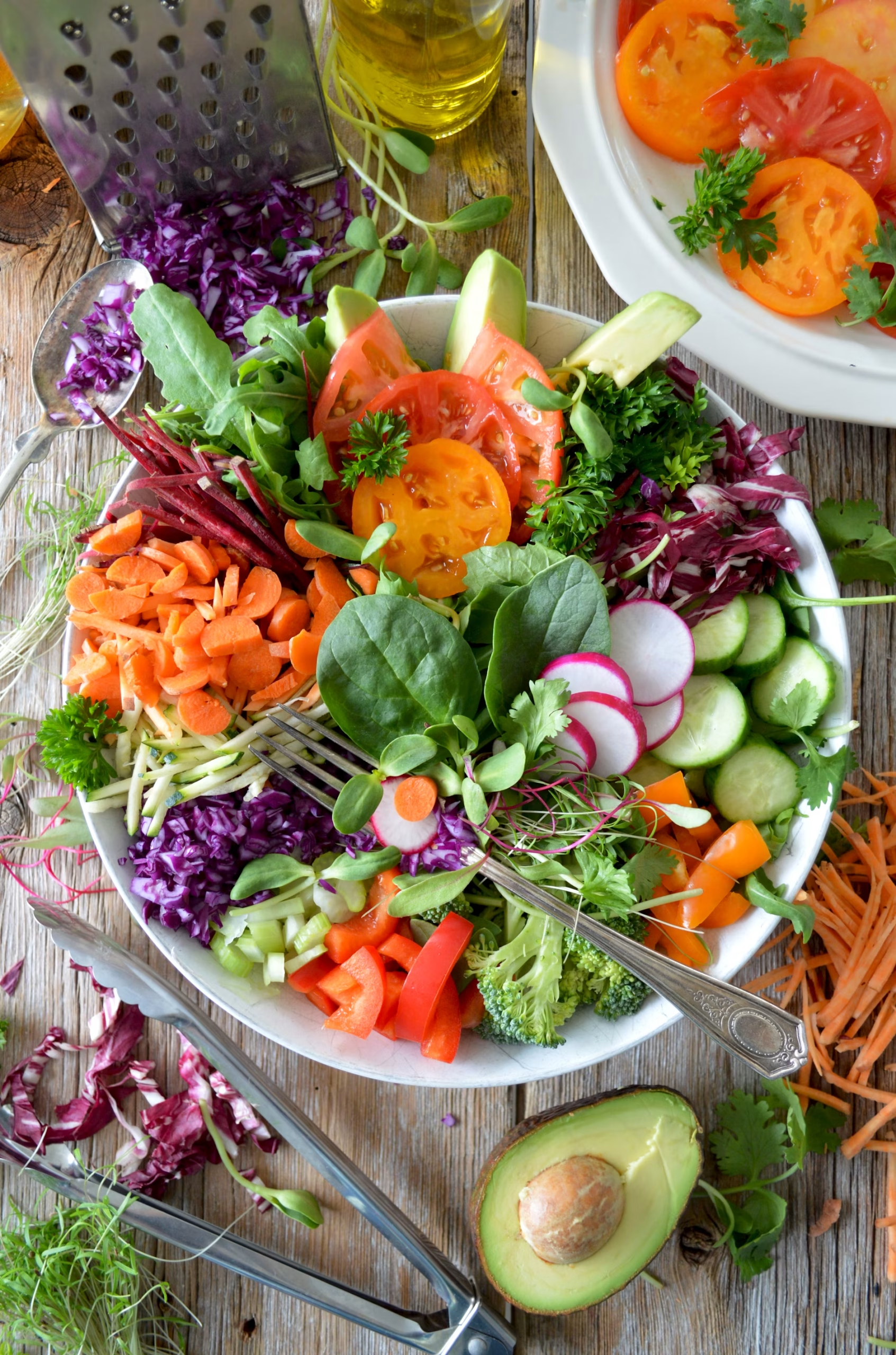
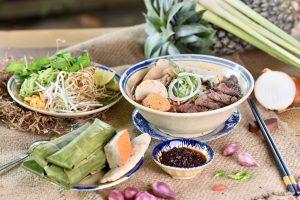



Leave a Reply